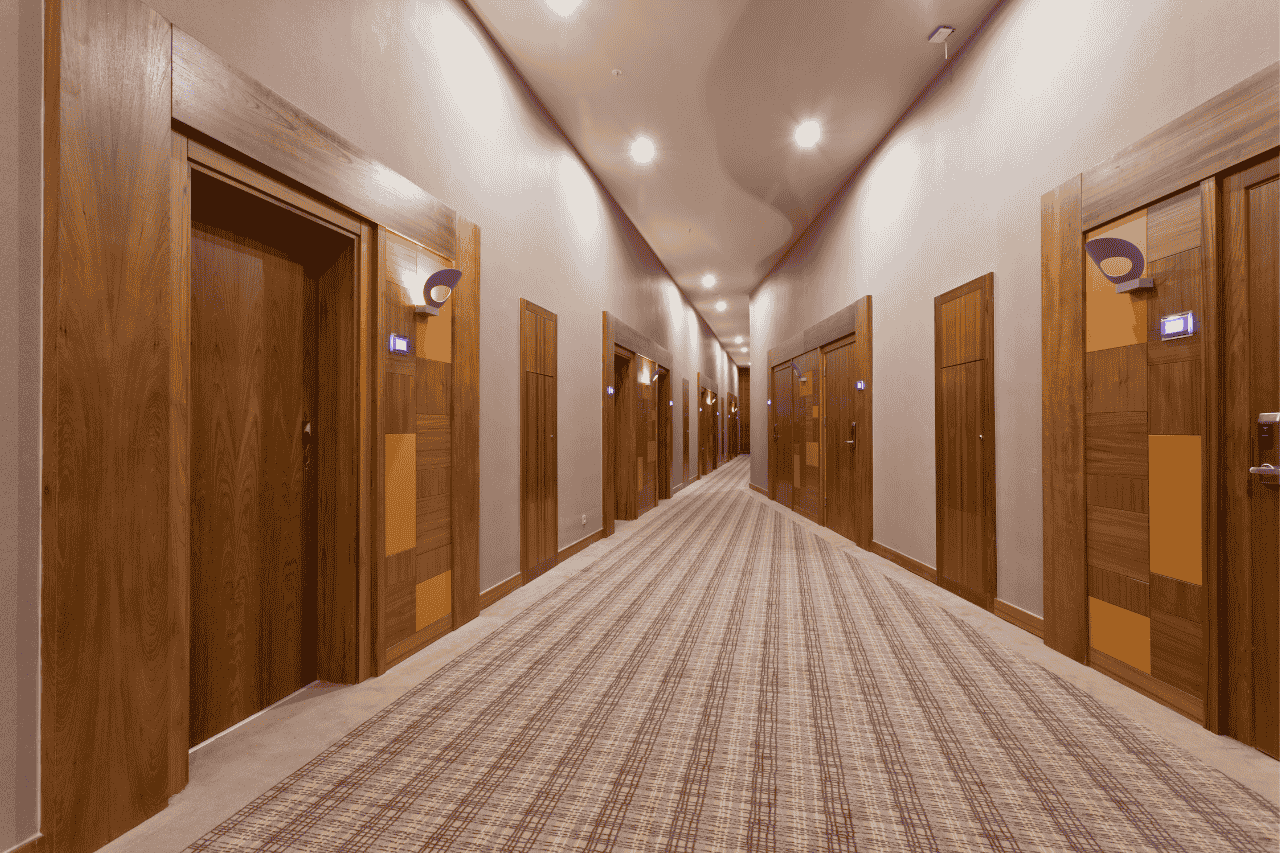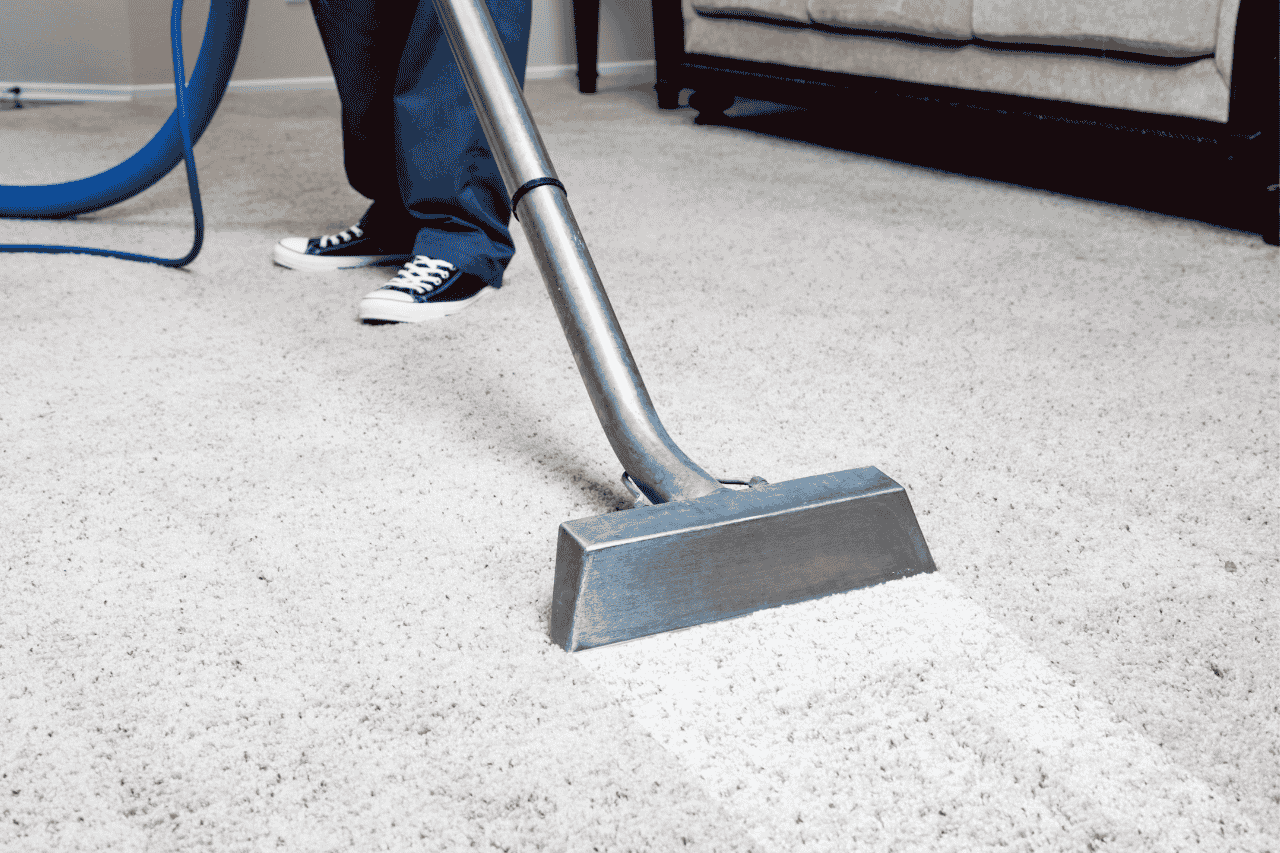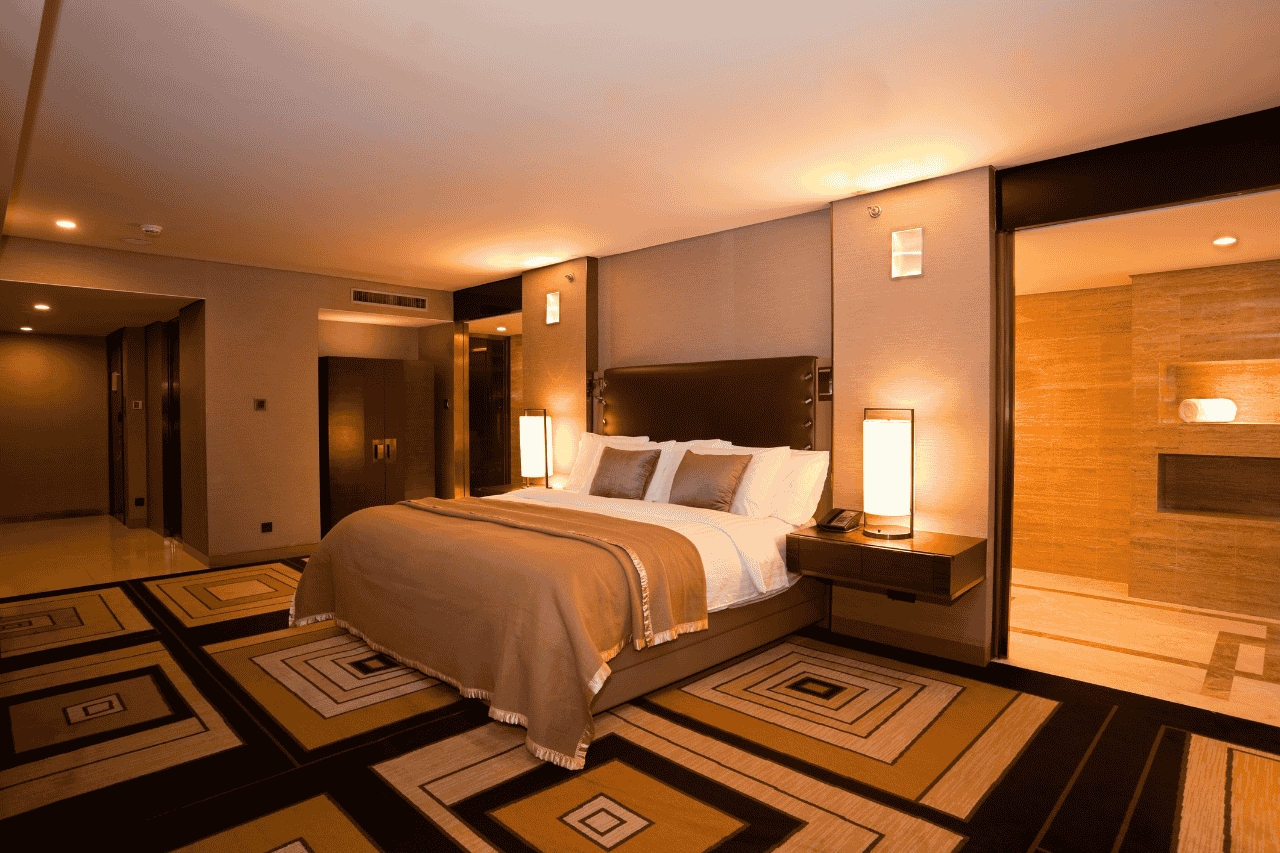
In the competitive world of hospitality, every detail matters. From lighting and scent to service and flooring, each element contributes to the overall guest experience. Among these, carpet tiles have emerged as a powerful design and functional tool that redefines luxury in modern hotels. Far from being a mere flooring choice, hotel carpet tiles influence ambiance, acoustics, hygiene, and branding—making them a strategic asset for hoteliers aiming to deliver memorable stays.
Whether in boutique hotels in Penang or luxury resorts in Langkawi, carpet tiles offer a blend of elegance, practicality, and customization that elevates the guest journey from check-in to check-out.
Flooring is one of the first tactile and visual impressions guests encounter. It sets the tone for comfort, cleanliness, and sophistication. In high-end hotels, flooring must do more than look good—it must perform under pressure, support branding, and enhance the sensory experience.
Key roles of flooring in guest experience:
Carpet tiles, with their modular design and aesthetic versatility, meet all these demands while offering operational advantages for hotel management.
Traditionally, broadloom carpets dominated hotel interiors. However, carpet tiles have gained popularity due to their flexibility, durability, and ease of maintenance. They are now a preferred choice for lobbies, corridors, guest rooms, meeting spaces, and executive lounges.
Why carpet tiles are replacing traditional carpets:
Modern carpet tiles are engineered to meet luxury standards while offering practical benefits that support long-term hotel performance.
Luxury is not just about opulence—it’s about thoughtful design that evokes emotion and comfort. Carpet tiles allow designers to create immersive environments that reflect the hotel’s theme, location, and clientele.
Design advantages of carpet tiles:
For example, a wellness resort in Sabah might use earthy tones and organic patterns to promote relaxation. A business hotel in Kuala Lumpur may opt for geometric designs that convey professionalism and efficiency.
Noise control is a critical factor in guest satisfaction. Whether it’s footsteps in the hallway or conversations in adjacent rooms, unwanted sound can disrupt sleep and relaxation. Carpet tiles significantly reduce noise transmission, creating a quieter and more serene environment.
Acoustic benefits:
Hotels that prioritize acoustic comfort often receive higher guest ratings and repeat bookings, especially among business travelers and families.

Cleanliness is non-negotiable in hospitality. Carpet tiles offer a hygienic solution that supports daily cleaning routines and long-term maintenance strategies. Their modular nature allows for quick replacement of stained or damaged sections without removing the entire floor.
Maintenance advantages:
In Malaysian hotels where humidity and foot traffic are high, carpet tiles with antimicrobial backing and moisture-resistant fibers are especially valuable.
Luxury hospitality must be inclusive. Carpet tiles enhance safety and accessibility by offering a slip-resistant surface, smooth transitions, and support for mobility aids.
Safety features:
Hotels catering to international guests, elderly travelers, or families with children benefit from flooring that supports universal design principles.
Modern luxury is increasingly defined by sustainability. Guests are more aware of environmental impact and often choose hotels that align with eco-friendly values. Carpet tiles contribute to green building goals through responsible sourcing, recyclability, and energy-efficient maintenance.
Sustainable features:
Hotels pursuing LEED or Green Building Index (GBI) certification in Malaysia can use carpet tiles as part of their sustainability strategy.
Beyond aesthetics and guest comfort, carpet tiles offer tangible benefits for hotel operations. Their ease of installation, replacement, and maintenance translates into cost savings and reduced downtime.
Operational benefits:
For hotel managers, this means better budget control, improved room turnover, and enhanced facility management.

Luxury hotels thrive on differentiation. Carpet tiles allow for deep customization that reinforces brand identity and creates signature experiences.
Branding opportunities:
For example, a heritage hotel in Melaka may use Peranakan-inspired patterns, while a modern urban hotel in Johor Bahru might opt for minimalist greys and metallic accents.
Malaysian hotels are increasingly adopting carpet tiles to elevate guest experiences while managing operational demands.
Examples of successful applications:
These applications demonstrate how carpet tiles adapt to diverse hospitality models while enhancing both form and function.
Luxury in hospitality is no longer defined solely by chandeliers and marble. It’s about creating thoughtful, immersive experiences that resonate with guests on every level. Carpet tiles, with their blend of design flexibility, acoustic comfort, hygiene, and sustainability, are redefining what luxury means in modern hotels.
By investing in high-quality carpet tiles and following best practices in installation and maintenance, Malaysian hoteliers can enhance their brands, increase guest satisfaction, and optimize operational efficiency. Whether designing a serene spa retreat or a bustling city hotel, carpet tiles offer the versatility and performance needed to deliver luxury—one step at a time.